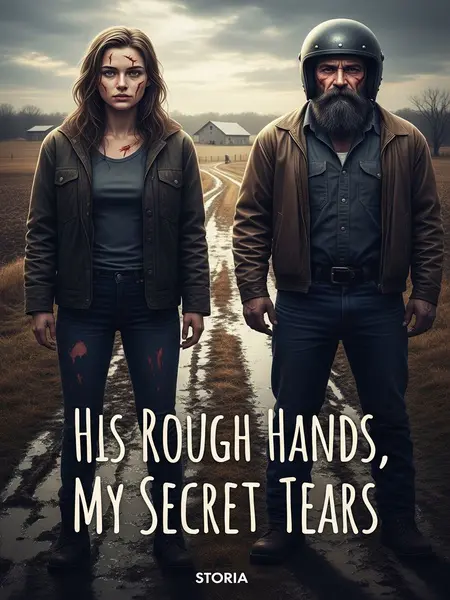Chapter 2: Out of Place, Out of Luck
I was the only girl of my generation. The elders spoiled me, and all my younger cousins doted on me. Growing up, no one in the entire neighborhood dared to mess with me. I was pampered in Maple Heights for eighteen years. My hands could play piano and write, but I’d never done a day of manual labor.
Sundays meant pancakes with Dad in the kitchen, the smell of butter and maple syrup filling the house while we watched college football in the afternoon. My world was white picket fences and Saturday ice cream trucks. My biggest worry was whether I’d have time to practice for my next recital, not how many blisters I’d have after a day in the fields. In my world, manual labor was just something you read about in Steinbeck novels for English class.
But on my eighteenth birthday, a girl showed up at my house. She looked a lot like my father and cried, saying her mother—my biological mother—had told her on her deathbed that we were switched at birth. She was my parents’ real daughter.
It was like something out of a Lifetime movie—except it was my life. My hands shook as I watched her sob on our living room couch, her eyes red-rimmed and desperate. My parents just sat there, stunned, their coffee gone cold on the table between us.
After my parents got over the shock, they took her to the hospital. A DNA test confirmed she really was their biological child. I was the one who had been switched.
They didn’t say much to me that night. The house felt different after the test results—quieter, like everyone was holding their breath. Even the family dog, Marley, kept to his bed, ears down, tail still.
She’d suffered for eighteen years and held a grudge against me. After that, whenever I was at home, she’d cry. My family felt guilty toward her and decided that it wasn’t right for her to be sad all the time. So they put my name on the list for the rural volunteer program, planning to send me away.
I overheard my aunt whispering on the phone, her voice low: “It’s only fair, Patty. Kelsey deserves to have her time.” The words stung, but I pretended not to hear.
Part of me wanted to scream that it wasn’t my fault, but I just nodded. What was there left to say? Honestly, what else could I do? I didn’t belong, not anymore. I figured maybe I’d get a fresh start in the countryside—a clean break. I packed quietly, folding my favorite hoodie and tucking in a picture of my cousins, just in case.
Before I left, the cousin who’d always doted on me said, "Natalie, just hang in there for now. Once Kelsey feels better, I’ll bring you back."
My cousin squeezed my shoulder, his palm warm and rough, and the porch light buzzed overhead as if it was trying to fill the silence. He stood in the driveway, hands stuffed in his jeans pockets, looking like he wanted to fix everything but couldn’t. I held back my tears and shook my head. He wasn’t my cousin anymore. This wasn’t my home. Going to the countryside was fine—at least I wouldn’t disturb their family.
So I boarded a Greyhound bus with nothing but my backpack and a knot in my stomach, heading for a town I’d never heard of. I never expected life here to be so hard. I had to start working before dawn and could only rest after it was completely dark. My hands were weak, I couldn’t keep up with others, and people always complained about me.
The air here tasted like wet hay and diesel. The first morning, I realized nobody cared where I was from—only that I could pull my weight. Especially the crew chief. Ever since I arrived, he circles around me eight hundred times a day, as if he’s afraid I’ll slack off.













